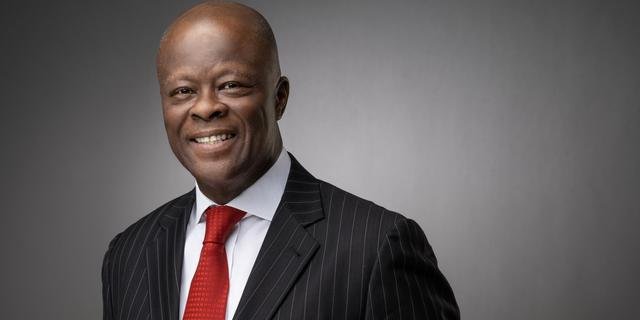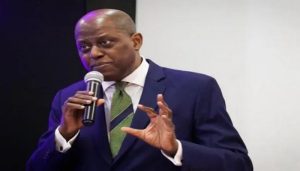
Nigeria’s Finance Minister, Adebayo Olawale Edun, has attributed the naira’s incessant decline to approximately $6.8 billion in overdue forward payments within the foreign exchange market.
He insists that addressing this issue is crucial for stabilising the local currency.
He clarified that the resolution of these unpaid contracts could fortify the naira’s value and open avenues for additional foreign exchange inflow.
Over several months, the Nigerian naira has been on a consistent downward trajectory in terms of its value.
In the currency exchange parallel market yesterday, it neared the threshold of 1000 naira per US dollar.
This depreciation can be attributed to the insufficient supply of dollars by the central bank to this particular market.
- “The issue we have now is that the market is not liquid enough,
- “We are committed to encouraging liquidity based on reforms that have been made at the moment, on the fiscal side and the monetary side. And together with the restoration of trust and confidence, we think the FX flows will return,” Edun, who accompanied President Bola Tinubu to New York for the United Nations General Assembly, said in a recent interview there
CBN MPC Meeting Delayed
Also yesterday, the Central Bank of Nigeria had to postpone their Monetary Policy Committee meeting in response to the crisis in the FX market.
Some have speculated that the delay in the meeting is attributed to the reshuffling of the new leadership in the apex bank.
It is worthy of note that President Tinubu has appointed a new CBN governor in the person of Olayemi Cardoso. In addition, the acting governor and four deputy governors have resigned, which has left a gap in making important decisions.
In recent weeks, the central bank has maintained a rather passive stance, leading to a scarcity of dollar supply via official channels.
This scarcity has resulted in a swift decline in the value of the naira, which has plummeted from about 900 naira per dollar at the onset of September.
Due to the insufficient supply of dollars from the central bank, individuals are being compelled to seek foreign currency through unofficial means on the streets.
Additionally, Nigeria, the largest economy in Africa, is grappling with its highest inflation rate in over 18 years.
Projections by economists suggest that the central bank is poised to raise interest rates, but the timing remains uncertain due to the postponement of their next meeting, with no announced rescheduling.
In response to the delay and speculations, the Minister of Finance, Mr. Wale Edun, has assured the public that the situation will inevitably reverse once there is a boost in the supply of dollars in the market.
He stated,
- “The commitment is to maintain the existing reforms and improve them. Improving the FX market further so the gap narrows, looking at all options for boosting supply so the one-way bet of speculators that we are seeing at the moment is reversed.”







